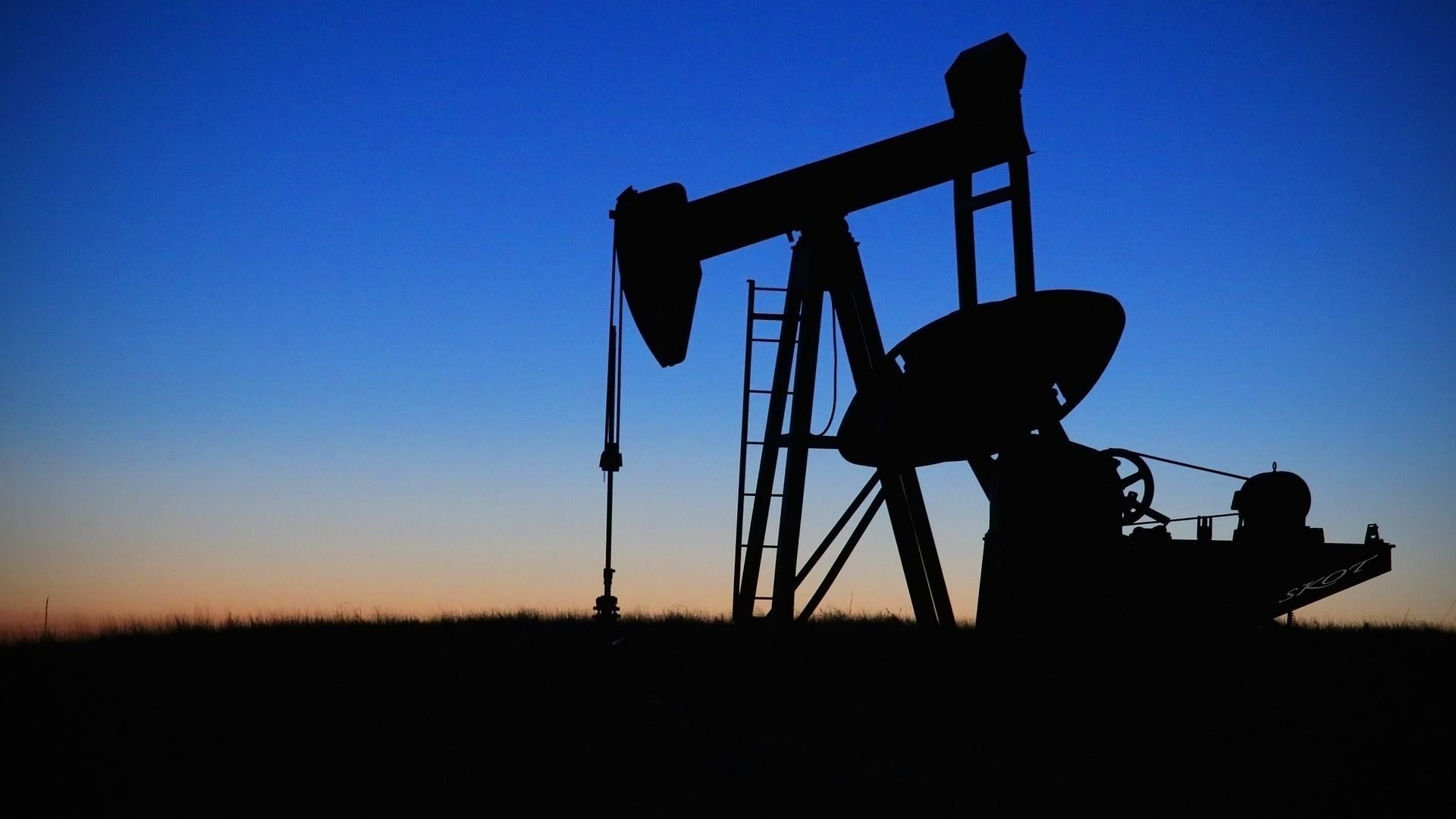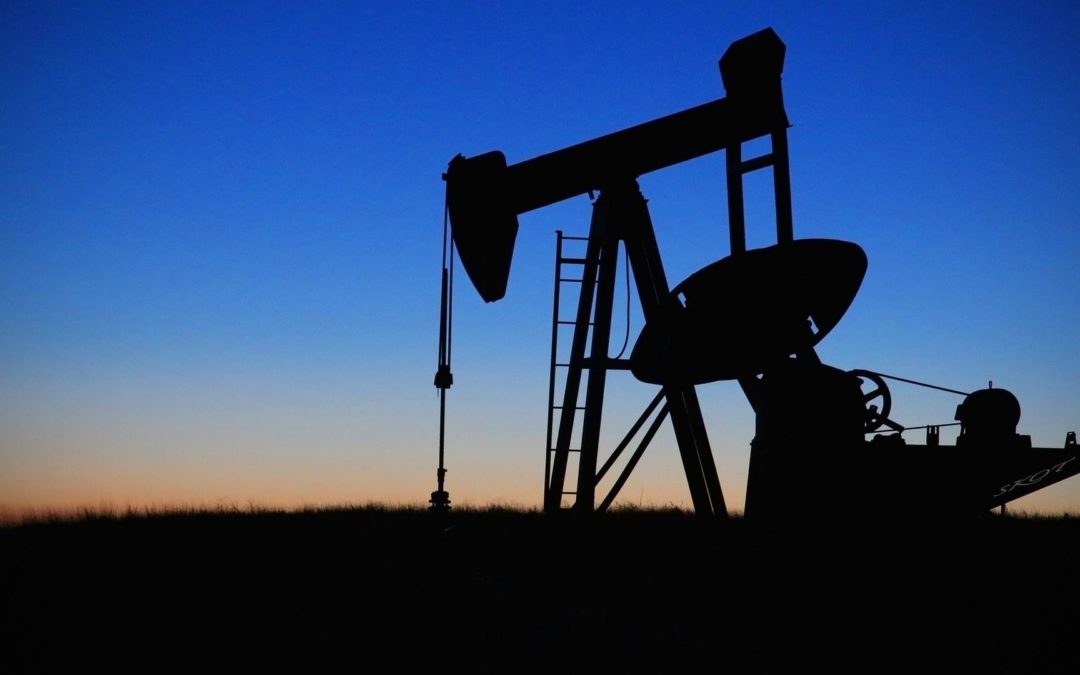
Some of the oil companies are also now beginning to see the end of fossil fuel production. Production will continue for many years to come, but we can see a downward trend. Royal Dutch Shell writes in a strategy document that they expect that they will never produce as much oil and gas as they did in 2019 .
Instead, production will decrease by 1-2 percent each year. More and more of the oil will also go to materials and chemicals and not to fuel. This also means that Shell reached its largest carbon dioxide emissions in 2018. Emissions will now fall by 45 percent by 2035 and be down to zero by 2050. To cover the revenue reduction, Shell will invest heavily in renewable energy instead and sell electricity instead of oil and gas.
The change is not as rapid as many would like. But it is still much better for the oil companies to try to change the business model to reduce their environmental impact instead of fighting with beaks and claws to preserve the status quo.
Some oil companies such as Exxon Mobile and Chevron in and of themselves still seem to hope that consolidation will enable them to continue producing oil much as before. But others are more in Shell’s line.
For example, BP announced last year that it expects to reduce its oil and gas production by 40 percent by 2030 . At the same time, the company will invest $ 5 billion a year over the same period to build a total of 50 gigawatts of renewable energy production.
Oil companies such as Shell and BP were already in the process of reducing their dependence on oil and gas production, but the pandemic seems to have accelerated work. For example, BP wrote off $ 17.5 billion in assets due to declining demand for fossil fuels during the pandemic.
So even though some oil companies are hoping for a return to how it was before, it is becoming increasingly clear to more and more people that we have seen a break in the trend. Oil will decrease and renewable energy production will increase.





